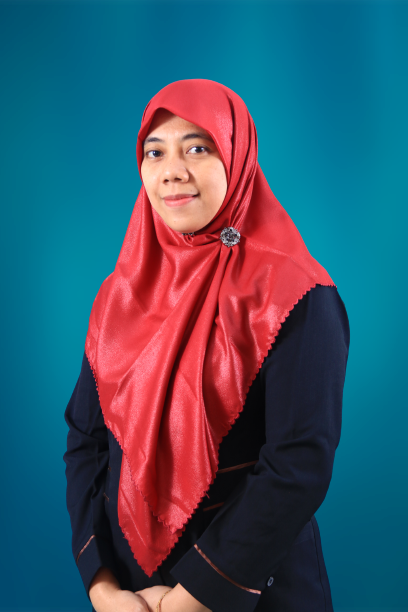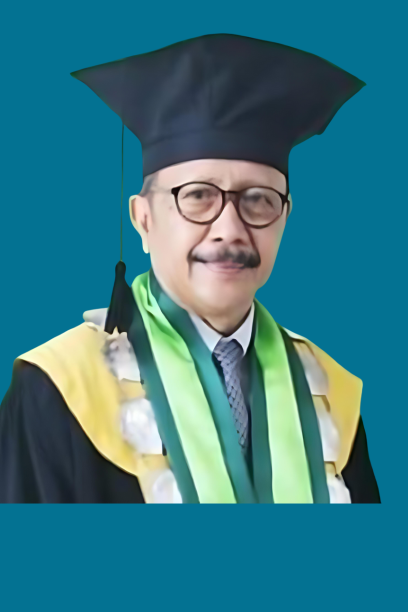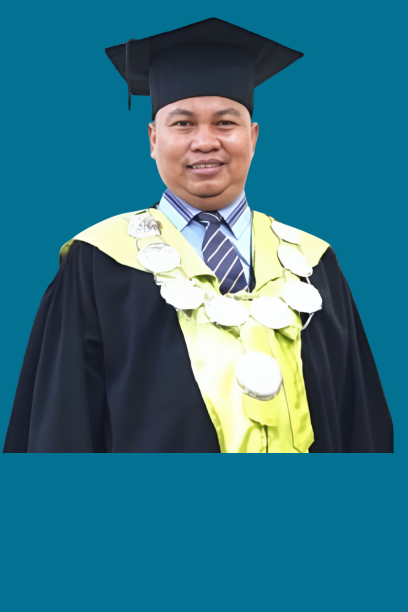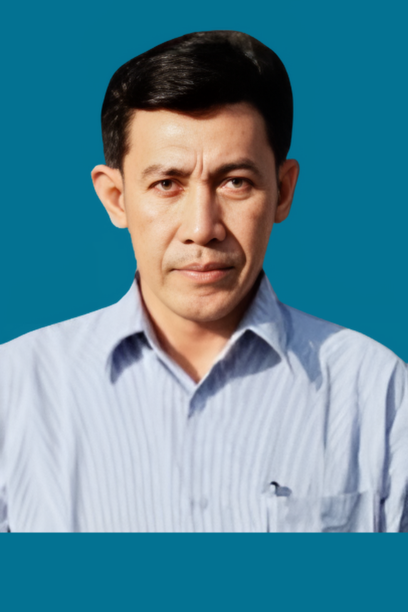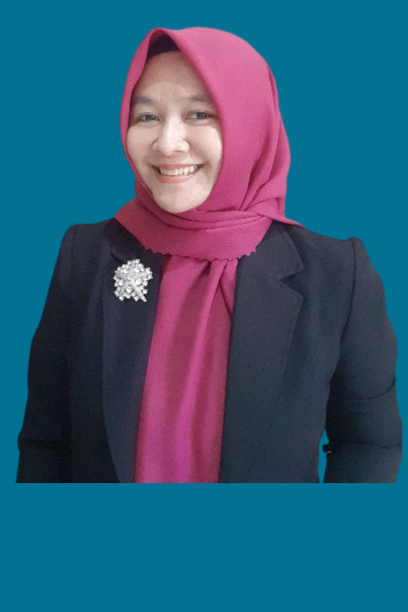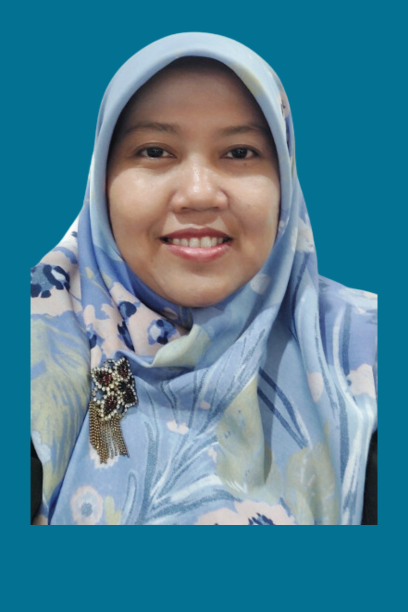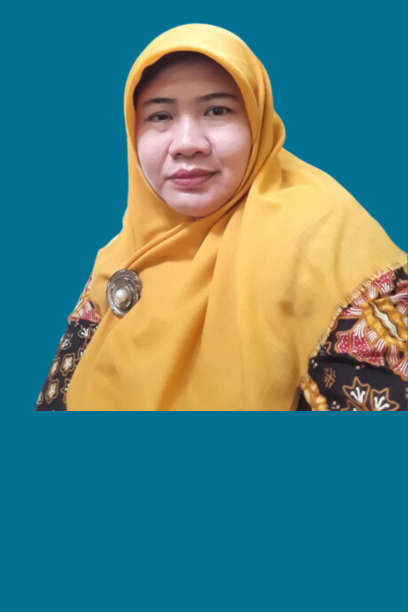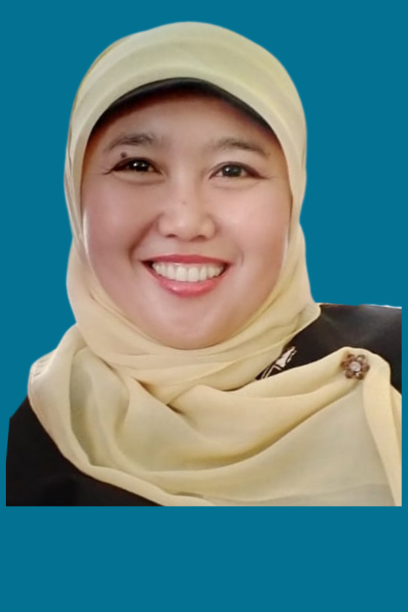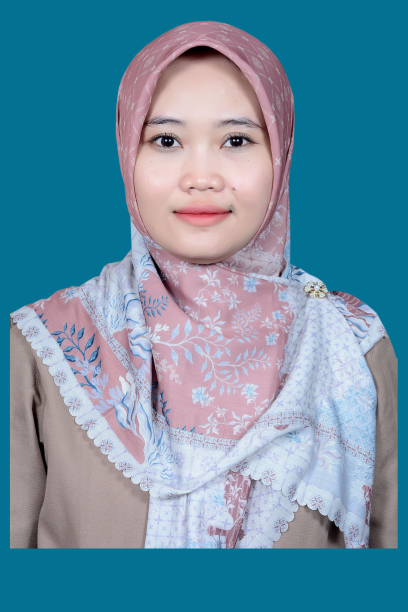Education System, Covid-19, and National Education Day: A Reflection
Pendidikan (Education) according to Kamus Besar Bahasa Indonesia (KBBI) is the process of changing a person or a group’s attitudes and behavior in an effort to mature the human beings through teaching and training efforts, processes, and the performance of educational methods. What about the education system in Indonesia at this moment? Has it been effective during the covid-19 pandemic and able to build students’ character to be good people?
The law No. 20 of 2003 regarding National Education System in Indonesia emphasizes the compulsory education for 12 years. This regulation must be accompanied by supportive education systems, both from school facilities and infrastructures to develop students’ interest and convenience in the school, as well as the teachers’ ability in teaching them.
Education in Indonesia has so far focused more on cognitive abilities, namely the acquisition of the test scores on midterm and final exams. This makes students justify various thing such as copying friends’ work, or carrying notes during exams to get good grades. These actions have indirectly disregarded the essence of educational goals. But now with the new minister of education who is often referred as the millennial minister, Mr. Nadim Makariem. He is beginning to make changes in the world of education where students’ intelligences are not only seen from cognitive intelligence, because each child has skills and talents in their respective fields. Further, the current teaching is more emphasized on students’ interest, talents and character building.
The length of teaching and learning process in Indonesia is up to 8 hours for junior and senior high school levels, while the elementary level takes 6 hours with 15-20 minutes break time. The process is carried out five days a week. This is quite long compared to the learning process in Finland, a country that is famous for the best education system in the world. Children in Finland are not allowed to go to school before 7 years old. Lesson hours in elementary school are only 3-4 hours in a day and the break time reaches 75 minutes. The students rarely do homework. Moreover, there is no nationl exam (UN) for the first 9 years on school period. The policy of eliminating UN carried out by the minister of education which should be enforced in 2021, but instead it must take effect in 2020 due to covid-19. The elimination of this UN seems to be a breath of fresh air for students who are often stressed because of it. Even though graduation is not determined by the UN results, the exam seems to be a scary thing for students.
Then how about the new system, Study from Home (SFH). Is it effective and comfortable for students? Since the system was implemented by the government, it raises pros and cons among both students and parents. The implementation of the teaching and learning process often does not reflect its name. Some teachers switch the teaching process with self-study followed by giving assignments. Sometimes they do not think about whether students understand and do the tasks well. In addition, the parents become impromptu teachers at home, teaching their children to learn and do assignments.
This online learning system is still ineffective. It cannot be denied that signal or network is a crucial problem that is difficult to resolve. Teacher does not explain the materials to students and divert it to the assignments because of bad network. This is experienced by the teachers especially in rural areas. People who are in the middle to lower economy complain about additional quota expenses that must be purchased. So, This system actually poses a dilemma for students, parents and teachers because despite all the issues there’s nothing else we can do. This policy must still be done to break the chain of Covid 19.
The commemoration of education day on May 2nd is hoped to provide the government a moment of reflection and the stimulus needed to keep improving the quality of education in Indonesia, considering that it is the most important thing in human life. Someone’ education level is not only proven by a piece of diploma paper, but it is really measured from their abilities, attitudes, and characters. Improving the quality of education is the government’s responsibility, but educating students is the responsibility of teachers and parents. There should be a balance in the roles taken by all the parties involved. Maybe, the government can adopt or emulate Finland’s education system which is regarded as the best education system in the world.
Written by Titin Suharni
Translated by Nailisy Syafaah
Edited by Nadhifan Dzulfahmi
Photo by Husniati Salma on Unsplash
 Indonesia
Indonesia  English
English  Arabic
Arabic 


